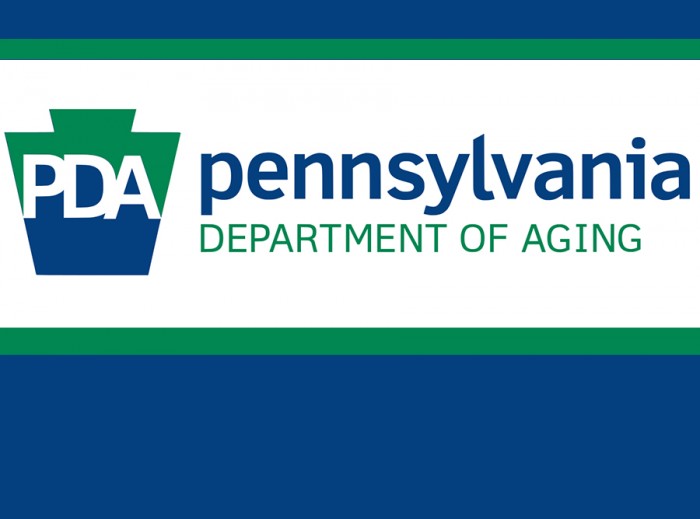FOR IMMEDIATE RELEASE
October 5, 2020
Harrisburg, PA – Secretary of Health Dr. Rachel Levine today urged residents to get their flu vaccine at the start of flu season as the COVID-19 pandemic continues.
“Every flu season is different, but this flu season leaves a lot of unknowns,” Dr. Levine said. “One thing we do know is the flu is serious and can be deadly, which is why it is extremely important that Pennsylvanians are receiving their flu vaccine now. In addition to getting your flu vaccine, it is essential to take other preventative measures to protect yourself from the spread of the flu. There is no better measure to protect yourself from flu than to get a flu vaccine.”
This year, both the flu shot and nasal spray are available and recommended for everyone 6 months of age and older to protect against the flu. The flu vaccine can often diminish the severity of symptoms and the duration of symptoms a person might experience should they come down with the flu.
“It is still safe to visit your doctor’s office, pharmacy, local walk-in clinic or grocery store to get your flu vaccine,” said Dr. Levine. “The vaccine process is quick, easy and helps protect not only yourself, but anyone you may come into contact with this flu season. We recommend doing so before flu activity begins in your community, ideally before the end of October.”
Seasonal influenza, commonly known as the flu, is a contagious respiratory illness, caused by the influenza virus. It attacks the nose, throat and lungs and may include the following symptoms:
- Fever;
- Headache;
- Tiredness;
- Dry cough;
- Sore throat;
- Nasal congestion; and
- Body aches.
Similarly, COVID-19 symptoms include:
- Fever;
- Cough;
- Shortness of breath;
- Diarrhea;
- Chills;
- Repeated shaking with chills;
- Muscle pain;
- Headache;
- Sore throat; and
- New loss of taste or smell.
Since symptoms of the flu and COVID-19 may be similar, it may be hard to tell the difference between them based on symptoms alone, and testing may be needed to help confirm a diagnosis. The best way to prevent respiratory illness at this time is to get the flu vaccine. It takes about two weeks for the antibodies from the vaccine to develop protection against infection. This small but powerful action will protect your family, friends and frontline health care workers who will be caring for sick people with respiratory illnesses this fall and winter.
In addition to getting vaccinated, Pennsylvanians are encouraged to practice healthy habits like covering your mouth and nose when you cough or sneeze, frequently washing your hands during flu season and remembering to disinfect commonly-touched objects, such as door knobs, light switches, countertops, cell phones and computers.
If you do become sick with the flu, it is important to stay home and rest. If you are at risk for developing serious complications from the flu, or feel extremely ill, you should see a medical professional immediately.
Additional information on how to stay healthy and prevent the flu can be found on the Department of Health’s website or follow us on Facebook and Twitter.
MEDIA CONTACT: Nate Wardle, [email protected]















